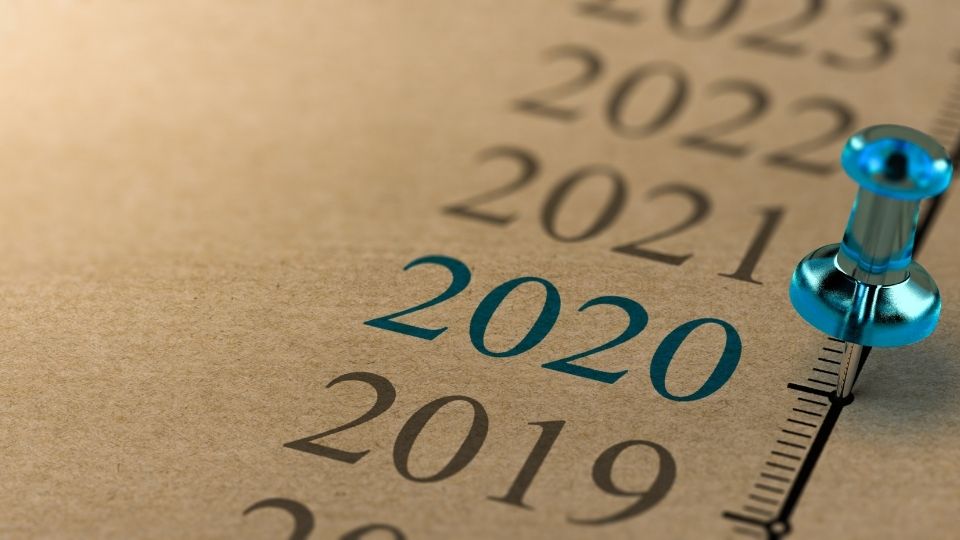8 Tips For How To Get Out Of Debt

The debt problem is not a new one. How to get out of debt is a question Kiwis ask themselves every day. With banks and other lending institutions getting more strict in how they grant loans, and with interest rates climbing, it has become difficult for people to manage their finances. The result? With many people unable to afford their monthly payments, their debts are getting out of hand. Here are 10 tips that will help reduce your debts significantly.
Tip #1: Consolidate Your Debt
Another idea of how to get out of debt is to consolidate your debt. This means taking out a new loan at a lower interest rate to pay off multiple smaller loans.
Consolidating your debt can reduce your monthly payments, lower your interest rates, and give you one easy payment to make each month. It can also help you pay off your debt faster because you won’t be paying penalty and account fees on multiple loans.
If you are struggling to make your monthly payments or if you are being charged high interest rates, consolidating your debt is likely to be a great option for you.
There are many different consolidation options available, so be sure to shop around and compare rates before you decide on a plan.
Pro Tip: Make More Than The Minimum Payment.
Tip #2: Increase Your Income & Payments
One of the best ways to reduce the amount of debt you owe on your personal loans is to increase your income. If you can find a way to bring in more money each month, you will be able to put more towards your loan payments and pay off your debt sooner.
There are a few different ways that you can go about increasing your income. One option is to get a better paying job. In New Zealand, there’s currently a labour shortage, so many companies are hiring. If you are currently employed, try to remain loyal. Explain your situation honestly to your employer and see if there are any promotions or raises that you can apply for.
Another option is to start a side hustle and earn some extra money each month. There are many different ways to do this, so take some time to research what would work best for you.
Whatever method you choose, make sure that you are putting any additional money towards your personal loan debt so that you can get out of debt as soon as possible!
Tip #3: Reduce Your Spending
One of the best ways to reduce your debt is to cut back on your spending. Consider your current spending habits and see where you can cut back.
You may be surprised at how much money you can save by making small changes to your spending habits. For example, if you eat out for lunch every day, try packing a lunch from home once or twice a week.
If you have any discretionary expenses, such as entertainment, Spotify, Netflix, App subscriptions, or clothing, see if you can reduce those expenses as well. Every little bit that you save can help to reduce your overall debt burden.
Making small changes to your spending habits can be difficult, but it will be worth it in the long run. By reducing your spending, you can focus more on paying off your debt and less on unnecessary expenses.
Tip #4: Seek the Help of a Financial Counselor
If you’re struggling to repay your personal loan, one option you may want to consider is seeking the help of a financial counselor or someone qualified to give you financial advice. A financial counselor can work with you to create a budget and come up with a plan to repay your debt. They can also provide guidance and support as you work to get out of debt.
There are many financial counseling services available, both online and in person. When searching for a counselor, be sure to check that they are accredited and that they offer services that are right for you.
Tip #5: Keep Track of Your Money Flows
If you want to get a handle on your loan debt, it’s important to keep track of your money flows. That means knowing exactly how much money is coming in and going out each month.
One way to do this is to set up a budget. Track all of your income and expenses in a spreadsheet for a month to get an idea of where your money is going. Banks have apps that you can use to do this too. Login online and see what their options are for this. This will help you identify any areas where you may be able to cut back on spending.
Another helpful tip is to set up a system for tracking your payments. This can be as simple as creating a spreadsheet or using a personal finance app. Keep track of when each payment is due and how much you need to pay. This will help you stay on top of your debt and avoid late fees.
If you’re struggling to make ends meet, there are options available to help you get back on track. Sorted.org.nz is a great website to help you also. If all else fails, honesty is your best policy. Contact your lender to discuss your options and find a plan that works for you.
Tip #6: Consider Additional Risks with Loans
There are a few additional risks to consider when taking out personal loans, beyond the usual risks associated with any type of borrowing.
First, many personal loans are often unsecured, which means they’re not backed by any collateral. This makes them a higher risk for lenders, and as a result, personal loan interest rates are usually higher than rates on secured loans like home equity loans. Alternate Finance in New Zealand is an example of a responsible lender that does require collateral and offers fair trading terms.
Second, because personal loans are often used for debt consolidation, there’s the potential for you to end up in even more debt if you’re not disciplined in making your repayments on time. Make sure you have a plan in place for how you’ll use the loan proceeds and make sure you can stick to it. Make sure it’s affordable.
Finally, be aware that some lenders may try to sell you additional products like credit insurance or payment protection plans. These products can be expensive and may not be necessary, so make sure you understand what you’re buying before agreeing to anything.
Tip #7: Limit Cash Advance Uses
If you have a personal loan, one of the best ways to keep your debt under control is to limit your use of cash advances. Taking out a cash advance means that you will be charged interest on the entire amount from the moment you withdraw the funds.
Instead of using a cash advance to cover unexpected expenses, try to build up an emergency fund that you can use instead. This way, you can avoid accruing more debt and paying high interest rates on your personal loan.
If you do need to take out a cash advance, be sure to repay the amount as soon as possible to minimize the amount of interest that you will accrue.
Tip #8: Avoid High Interest Rates on Credit Cards
One of the worst things that you can do when trying to pay off debt is to continue using high interest rate credit cards. If you have a balance on your credit card from a bank that has a high interest rate, try to transfer that balance to a card with a lower interest rate.
You can also look into getting a personal loan to consolidate your debt. Consolidating debt usually comes with lower interest rates than credit cards, so this can be a great way to save money on interest payments.
If you are struggling to make payments on your debts, contact your creditors and see if they are willing to work with you. Many creditors are willing to negotiate payment plans or even reduce the amount of money that you owe.
There are also many nonprofit organizations that offer free or low-cost debt counseling services. These organizations can help you create a budget and work out a plan to get out of debt.
Conclusion – How to Get Out Of Debt Fast
If you’re struggling with how to get out of debt, there are a few things you can do to get back on track. First, make sure you’re making all your payments on time. Second, try to pay more than the minimum payment each month. Third, if you can’t afford the payments, talk to your lender about lowering your interest rate or debt consolidation. Finally, if all else fails, refinancing over a longer period of time so you’re not getting penalty fees for missing payments. Just know that this should be your last option as the debt will accrue over a longer period of time. By following these tips, you can reduce your debt and get back on solid financial footing.
by Ash Horton
September 22, 2022
Ash is a professional content writer with extensive experience in business development in the financial services. Ash has founded businesses from the age of 19, including franchising ventures, and working alongside some of the largest retailers in the world.







